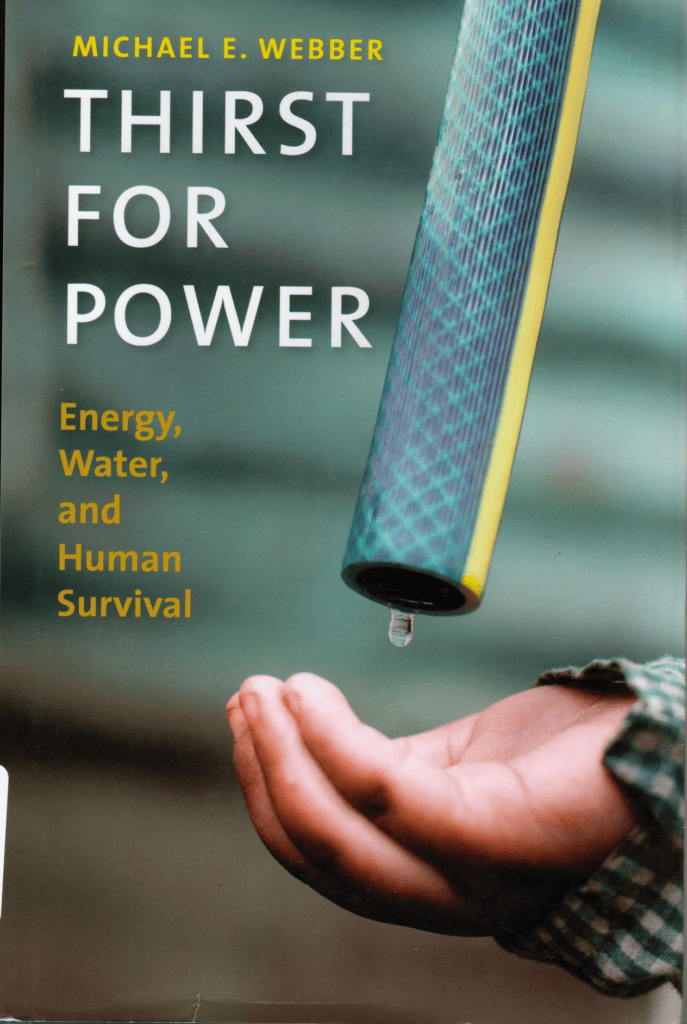Commentary by James Quilligan, EDA managing director.

Many people today are wondering, is the world losing democracy altogether? No. Not if we’re willing to take responsibility to restore it. As we contemplate the future of participatory representative democracy in modern society, it’s important to recognize the roots of democratic practice in our past. 
People forget that our towns were once more than centers of commerce: they also provided the space for public assemblies.
This wonderful survey by Yavor Tarinski, Public Assemblies in Early Cities, is a powerful reminder of democracy’s roots in community decision-making. It’s much harder to develop public spaces for social liberation in our communities today because our populations are much larger than in the past and our tradition of local decision-making seems to be wearing thin under an onslaught of pressures.
As the First World War ended a century ago, William Butler Yeats wrote:
“Turning and turning in the widening gyre. The falcon cannot hear the falconer; Things fall apart; the centre cannot hold; Mere anarchy is loosed upon the world, The blood-dimmed tide is loosed, and everywhere The ceremony of innocence is drowned; The best lack all conviction, while the worst Are full of passionate intensity.”
This sums up the fortunes of democracy both then and now. But today there is more at stake and the risk is far greater.
As human civilization undergoes an epochal transformation in its relationship between the supply of nature’s resources and the demand of the world’s people for these resources, something new is needed to resuscitate democracy.

Economics, politics, society and culture must become organic parts of the ecologies in which we live.
The record number of people going to the polls in this election season seems to indicate that democracy still burns brightly in our hearts. It’s entirely possible that social education, advocacy and organization, enhanced by technology, will lead to a new era of public citizenship.
It’s a visionary undertaking to be sure, but it begins now. It begins with us. It begins with economic democracy.


